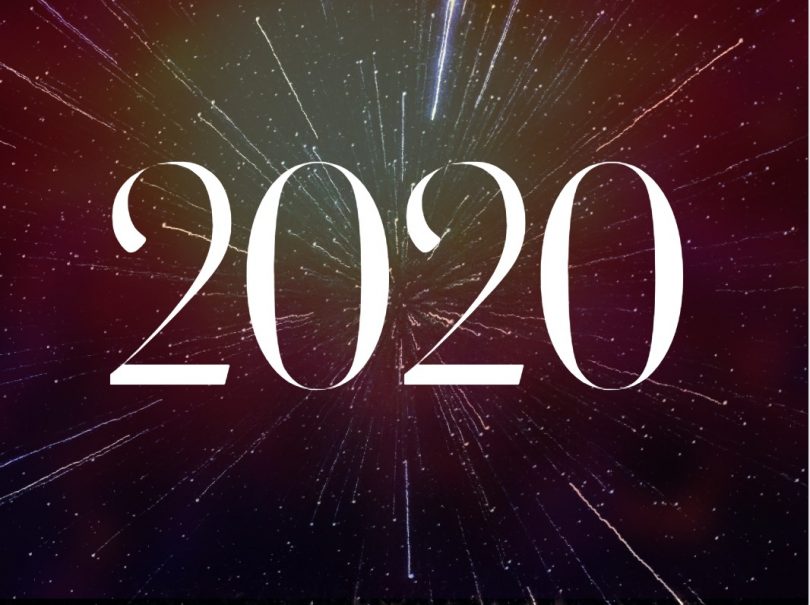
Derek and Julia Parker state that it is impossible to state the exact date for the start of any astrological age and acknowledge that many astrologers believe the Age of Aquarius has arrived while many say the world is at the end of the Age of Pisces. Spencer singles out the astrological ages as being "fuzzy", "speculative", and the least-defined area of astrological lore. In 2000 Neil Spencer in his book True as the Stars Above expressed a similar opinion about the astrological ages. The 20th-century British astrologer Charles Carter stated that "It is probable that there is no branch of Astrology upon which more nonsense has been poured forth than the doctrine of the precession of the equinoxes." Ĭontentious aspects of the astrological ages ĭefinitive details on the astrological ages are lacking, and consequently most details available about the astrological ages are disputed.

Astrologers have been interested in relating world history to the astrological ages since the late 19th century however, most astrologers study horoscopes, not astrological ages.Archeoastronomers in general do not 'believe' in astrology, but they study the cultural traditions of societies that did refer extensively to astrology. Archeoastronomers are interested in the ages because some researchers believe that ancient civilizations often depicted cultural references to the ages.

There are three broad perspectives on the astrological ages:



 0 kommentar(er)
0 kommentar(er)
